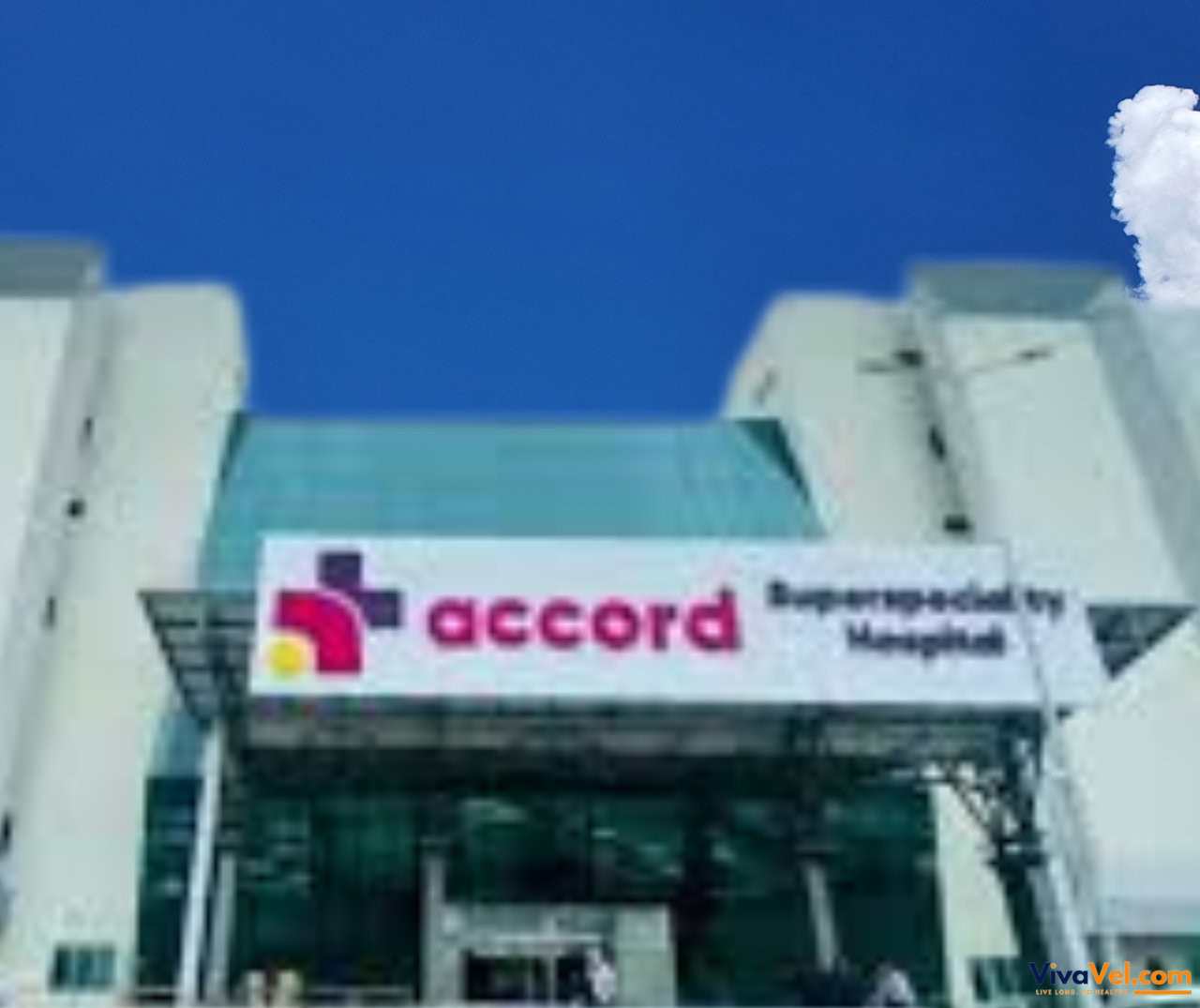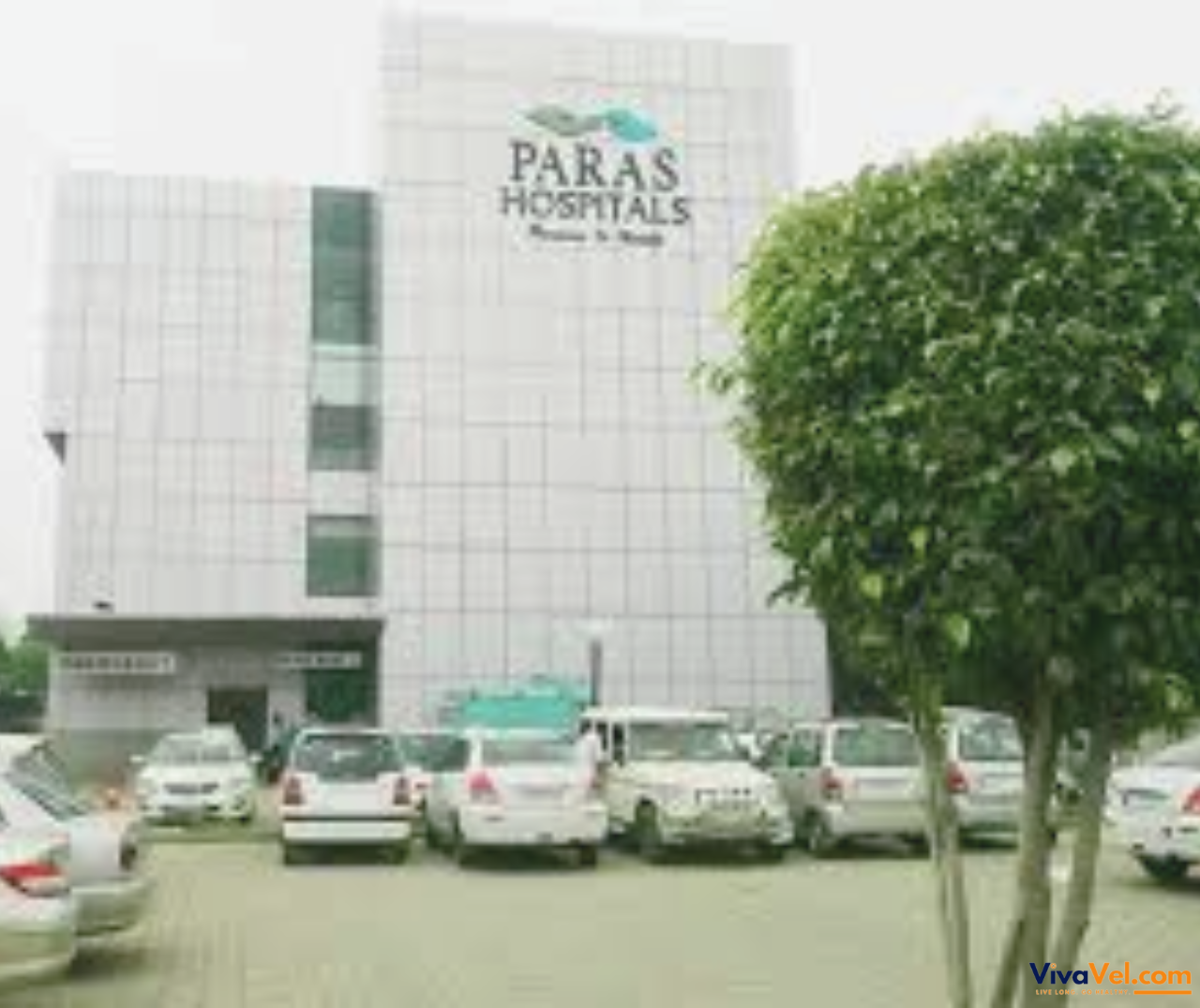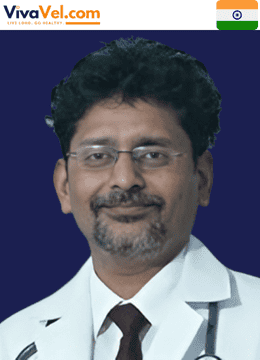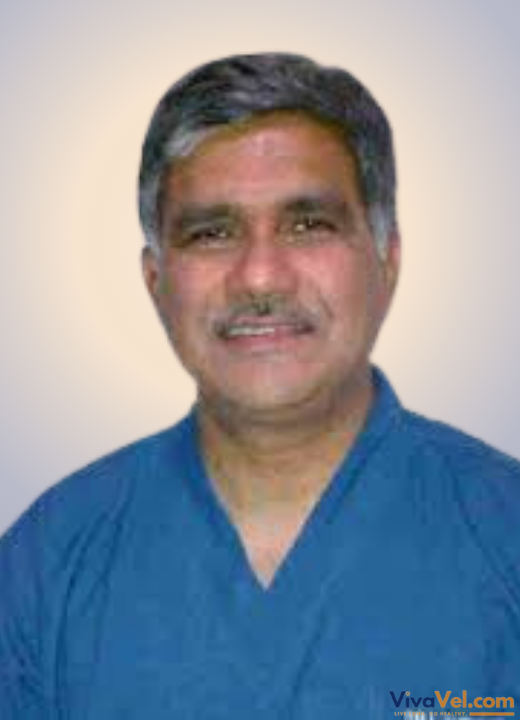info@vivavel.com
+919818262686
+919818262686
 info@vivavel.com
info@vivavel.com +919818262686
+919818262686Glial tumors are brain tumors that originate in glial cells, which support nerve cells in the brain. These tumors can be challenging to treat because glial cells are widely distributed throughout the brain and are located near vital structures. Removal usually requires surgery, but the brain's delicate nature makes this a complex task. Surgeons must carefully plan their approach to prevent damage to healthy brain tissue. They use advanced imaging techniques, such as MRI scans, to locate the tumor.
During surgery, the goal is to remove as much of the tumor as possible while maintaining essential brain functions. Surgeons may use specialized tools or techniques to see more clearly and navigate with greater precision. After surgery, patients might need additional treatments like radiation or chemotherapy to eliminate any remaining tumor cells. Treating glial tumors is a complex process, so a team of specialists, including neurologists and oncologists, collaborates to provide the best possible care. Recovery can take time, and the treatment plan is often customized to each person. Despite the challenges, advances in medical technology continue to improve outcomes for individuals with gliomas.
 Symptoms of glial tumors can vary based on the tumor's size and location, but common signs include:
Symptoms of glial tumors can vary based on the tumor's size and location, but common signs include:
Headaches: Persistent or worsening headaches.
Seizures: Unexplained convulsions or abnormal electrical activity in the brain.
Nausea and vomiting: Frequent or severe episodes.
Vision problems: Blurred vision, double vision, or loss of vision.
Difficulty speaking or understanding: Problems with language or communication.
Weakness or numbness: Especially on one side of the body.
Changes in personality or behavior: Mood swings or altered mental state.
Coordination issues: Problems with balance or movement.
Note: Symptoms may develop gradually or suddenly, depending on the rate of tumor growth.

 The exact cause of glial tumors is not always known, but potential contributing factors include:
The exact cause of glial tumors is not always known, but potential contributing factors include:
Genetic mutations: Changes in the DNA of glial cells can lead to the formation of tumors.
Family history: A history of certain genetic conditions or a family history of brain tumors may increase the risk.
Environmental factors: Exposure to certain chemicals or radiation may contribute, though this link is not fully understood.
 Seek medical attention if you experience:
Seek medical attention if you experience:
Persistent or severe headaches that don't improve with usual treatments.
Seizures or convulsions.
Unexplained changes in vision, speech, or coordination.
Sudden or severe symptoms that impact daily life or function.
 To diagnose a glial tumor, doctors may use:
To diagnose a glial tumor, doctors may use:
Neurological examination: Assessing brain function, reflexes, and mental status.
Imaging tests:
MRI (Magnetic Resonance Imaging): Detailed images of the brain to locate and assess the tumor.
CT scan (Computed Tomography): This imaging technique provides detailed images of the brain to help identify tumors and other abnormalities.
Biopsy:
Surgical biopsy: Removing a small sample of the tumor for analysis.
Needle biopsy: Using a needle to obtain a sample for examination.
Lumbar puncture (spinal tap): Extracting cerebrospinal fluid to check for tumor markers or other abnormalities.
 Do's:
Do's:
Follow medical advice: Adhere to your treatment plan and attend all scheduled medical appointments as directed.
Communicate symptoms: Report any new or worsening symptoms to your healthcare provider.
Prepare for surgery: Follow pre-surgery instructions, including dietary restrictions and medication guidelines.
Participate in rehabilitation: Encourage physical, occupational, or speech therapy as recommended.
Seek emotional support: Consider counseling or support groups to enhance your mental and emotional well-being.
 Don'ts:
Don'ts:
Don't ignore symptoms: Report any changes or persistent issues to your doctor.
Avoid self-medicating: Only use medications prescribed by your healthcare provider.
Don't skip treatments: Adherence to the complete treatment plan is crucial for effectiveness.
Avoid strenuous activities: Follow guidelines for activity levels and refrain from activities that could strain your recovery.
Disclaimer:
Our medical content authors have diligently gathered and synthesized information on this topic to offer valuable insights to our readers. Drawing from a range of reputable medical journals and health resources, this content aims to enhance understanding of the subject. It's essential to remember that while this information is informative, it should not replace personalized consultation or treatment from a qualified healthcare professional. For further details, please refer to our Editorial Policy.
For this topic, our authors used some of the following resources:
Clevelandclinic | Glioma
Mayoclinic | Glioma
NORD | Glioma
healthline | Understanding Glioblastoma Multiforme (GBM) Cancer
Pacificneuroscienceinstitute | Glioma & Glioblastoma





![]() Pusa Road, Radha Soami Satsang, Rajendra Place New Delhi, 110005 India
Pusa Road, Radha Soami Satsang, Rajendra Place New Delhi, 110005 India



![]() Budena Village, Sector 86, Faridabad, Haryana 121002, India
Budena Village, Sector 86, Faridabad, Haryana 121002, India



![]() C-1, Sushant Lok- 1, Sector-43, Phase- I, Gurugram, Haryana, 122002
C-1, Sushant Lok- 1, Sector-43, Phase- I, Gurugram, Haryana, 122002




![]() Lot 2, Jalan Baung 17/22, Seksyen 17, 40200 Shah Alam, Selangor Kuala Lumpur, 40200 (Malaysia)
Lot 2, Jalan Baung 17/22, Seksyen 17, 40200 Shah Alam, Selangor Kuala Lumpur, 40200 (Malaysia)


Dr. (Prof.) Rohit Gupta is a well-known neurologist in Faridabad, Haryana, India, with over 17 years of experience in clinical neurology. He achieved academic success...

Dr. Sandeep Ghosh is a highly regarded consultant neurologist, currently practicing at the esteemed Neurosciences Department of Accord Superspeciality Hospital in Faridabad, ...

Dr. Vikram Dua is one of India's top neuro and spine surgeons. With over 26 years of experience, he has performed over 10,000 surgeries, with a success rate excee...

Dr. LN Tripathy is a highly esteemed neurosurgeon with an impressive 31-year career. Since April 2010, he has been the Director of the Medica Institute of Neurologica...

Dr. Anish Kumar is a highly experienced medical professional with over 21 years of experience, including more than 11 years dedicated to neurology. He is currently a ...

Dr. Kaushik Sen is a highly esteemed senior consultant neurologist with over 18 years of post-DM experience in neurology. He holds a gold medal in MBBS, an MD i...
Treatment Plan & Cost within 2 days
